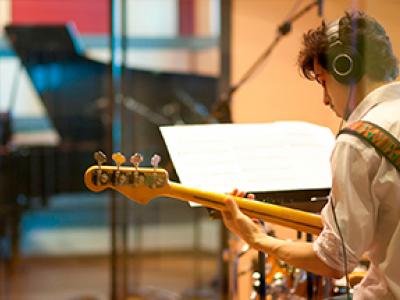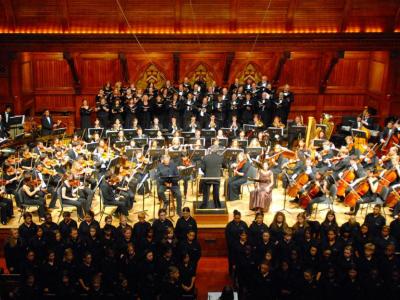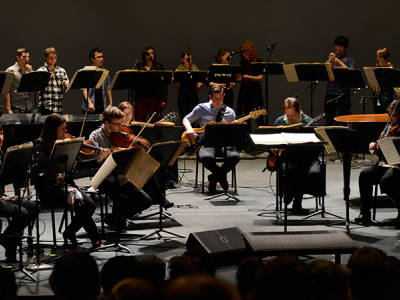What does a Private Music Instructor do?
Private music instructors, who usually specialize in an instrument or class of instruments, work one-on-one with students to develop their instrumental technique, performance ability, and advanced skills such as notation, theory, improvisation, and auditioning. Many private music instructors are self-employed, and as such have great control over every aspect of their work, from the age range and skill level of their students to the musical styles and pedagogical methods employed.
An instructor who teaches beginners will typically develop their basic skills—scales and chords, proper fingerings and posture, etc.—and work on rudimentary pieces. On the other hand, instructors of advanced and professional musicians will focus on performance, repertoire, and preparing students for auditions, recitals, concerts, and exams.
Like all teachers, private music instructors spend plenty of time outside of lessons on related work, including maintaining or developing their own musical skills; studying new pedagogical methods; gathering materials relevant to their students' interests and stage of musical development; planning individual lessons; scheduling lessons; and managing the other administrative tasks associated with running a small business, such as marketing and finances.
At a Glance
There are no official educational requirements to establish oneself as a private music instructor, although degrees in music performance and education certainly help inspire confidence from potential clients and students. Private music instructors take varying paths in their careers; one might go to graduate school and work as a music professor before opening a private studio at an older age, while another might spend their early life as a professional musician before transitioning to education. Still others work for public schools, or specialize in a particular kind of music education, such as adaptive arts education, early childhood education, or vocal coaching.
The many private music instructors who are self-employed are responsible for recruiting their own students via advertising, networking, and word of mouth. They might also use techniques like distributing cards and flyers to music and instrument shops and offering discounts for referrals, or form professional partnerships with other teachers and receive students on recommendation. Private music instructors might also work for independent or chain music education companies. With time and experience, successful private instructors can attract talented students, charge more for lessons, and expand their business.
- Teaching
- Instrumental proficiency
- Technique
- Music theory
- Reading and writing music notation
- Knowledge of pedagogical methods and theories
- Organization
- Written and verbal communication
- Time management
- Networking
Successful private music instructors combine seemingly contradictory qualities: they are patient and demanding, impassioned and articulate, and able to simultaneously nurture their students and push them to do the hard work required to advance as an instrumentalist and blossom as a musician. It is important to remember that a terrific player doesn't necessarily make a great teacher. The best instructors are skilled communicators as well as deft instrumentalists, invested in their students' growth, and knowledgeable about pedagogy.
Most private teachers are independent contractors who set their own work schedules, rates, and work location. Most work out of a studio or their own homes, or travel to their students' homes. The workday generally takes the form of many individual lessons, each of which lasts between 30 and 60 minutes.
Private music instructors who work for music education companies have work lives similar to those of freelancers, but may lack the freedom to set their own schedule, rates, and location. In exchange, they're likely to have a more consistent paycheck, and don't have to spend as much time on administrative tasks like scheduling, marketing, and networking.











